Rail nationalisation: should British railways be public or private?
A majority of Brits think the privatisation of railways was a failure
A free daily email with the biggest news stories of the day – and the best features from TheWeek.com
You are now subscribed
Your newsletter sign-up was successful
Almost two thirds of Britons would like to see the country’s railways brought back into public ownership, according to a survey for The Independent.
The poll, carried out by BMG, found that 64% of people supported renationalising British railways, while 19% were opposed.
Of the 1,490 adults questioned, 56% thought the privatisation of the railways was a failure and just 15% said it had been a success.
The Week
Escape your echo chamber. Get the facts behind the news, plus analysis from multiple perspectives.

Sign up for The Week's Free Newsletters
From our morning news briefing to a weekly Good News Newsletter, get the best of The Week delivered directly to your inbox.
From our morning news briefing to a weekly Good News Newsletter, get the best of The Week delivered directly to your inbox.
The poll found strong support for tougher sanctions against private rail firms, with 80% backing major fines, and a majority believed the government has not held private companies to account over their services.
“Pressure has been mounting on Transport Secretary Chris Grayling as thousands of commuters faced weeks of cancellations and delays, after sweeping timetable changes were brought in by Govia Thameslink Rail (GTR) and Northern Rail,” says The Independent.
“More than 15,000 trains have been cancelled or delayed since the timetable changes came into force in May, with some passengers complaining they were at risk of losing their jobs.”
Last week, Grayling said the industry “must and will be held account” for the disruption, but said his “immediate priority is to ensure that we improve train services to an acceptable level as quickly as possible”.
A free daily email with the biggest news stories of the day – and the best features from TheWeek.com
So should British railways be public or private?
Public
Rail renationalisation has been back on the political agenda since Jeremy Corbyn, an outspoken critic of privatisation, was elected Labour leader in 2015. The party’s 2017 election manifesto proposed taking each franchise back into public ownership at the end of their contracts.
Corbyn argues that this would bring to an end to fare rises above the rate of inflation. In January, British rail fares increased by 3.4%, the biggest rise for five years and almost double the average traveller’s annual wage growth.
“Corbyn also claims that putting railways back into public hands – and passing power down to regional transport authorities – would ensure that decisions are made in the interests of travellers and not profits,” reports The Independent.
Multiple examples of problems with the current model have been highlighted by the InterCity East Coast franchise, after first Great North Eastern Railway (GNER) and then National Express East Coast and Virgin Trains East Coast handed the franchise back, admitting they could no longer afford to keep services running.
“The myth of the so-called ‘invisible hand’ of the market is exposed by the renationalisation of East Coast - by none other than the Conservatives,” says the New Statesman’s Manuel Cortes.
In doing so, he argues, “they are unintentionally demonstrating that public services must be run for people, not profit”.
Public opinion on renationalisation has remained staunchly in favour since the turn of the decade.
Private
Those in favour of rail privatisation point out that Britain does not currently have a free-market rail system, but rather a collection of temporary franchises tightly controlled by the state. “In contrast, Japan’s rail network, which is frequently cited as the epitome of transport success, is almost entirely privately operated,” says City A.M.
The reason why Continental railways “are cheaper is that historically they have had higher rates of public subsidy”, adds The Independent, which concludes that cheaper rail fares are only really achievable by higher taxes.
Other commentators argue that the train companies are victims of their own success. Passenger numbers have increased dramatically since privatisation, but “attempts to meet the challenge of extra demand has been thwarted by the limitations of the Victorian network”, says The Times, noting that a multibillion pound overhaul by Network Rail had a “catastrophic impact on punctuality”.
The newspaper says it is these network limitations that are “blowing a hole in train companies’ finances and stymying attempts to dramatically improve standards, at least in the short term”.
City A.M. agrees, arguing that “one of the key drivers for the recent debacle has been the failure of the state-backed Network Rail to deliver on promised infrastructure improvements”.
The paper cites the example of Northern Rail, which “committed to running a service based on the Government fulfilling its end of the bargain, and has been dealing with the fall-out when that didn’t happen”.
-
 How the FCC’s ‘equal time’ rule works
How the FCC’s ‘equal time’ rule worksIn the Spotlight The law is at the heart of the Colbert-CBS conflict
-
 What is the endgame in the DHS shutdown?
What is the endgame in the DHS shutdown?Today’s Big Question Democrats want to rein in ICE’s immigration crackdown
-
 ‘Poor time management isn’t just an inconvenience’
‘Poor time management isn’t just an inconvenience’Instant Opinion Opinion, comment and editorials of the day
-
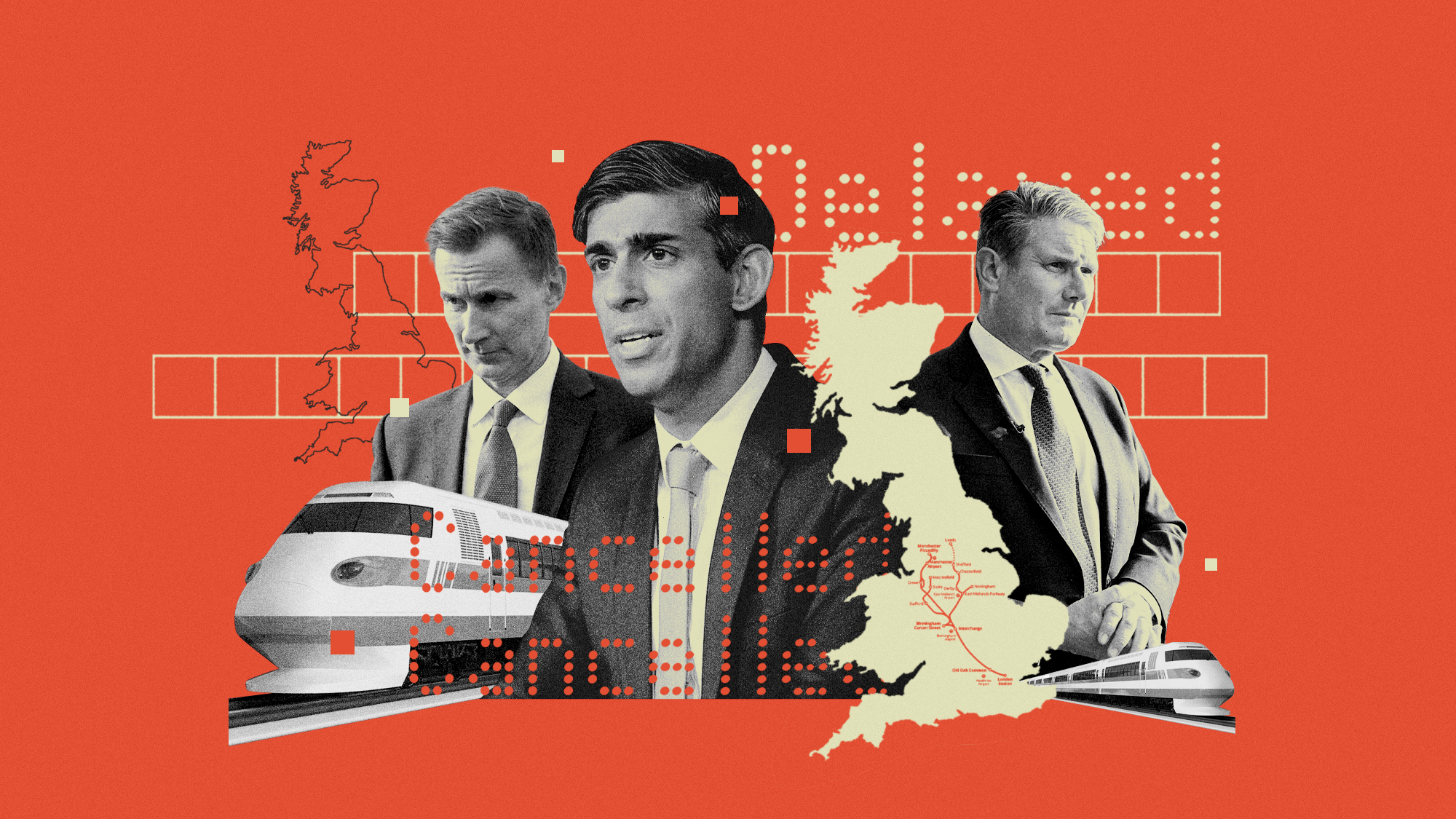 Can HS2 get back on track?
Can HS2 get back on track?Today's Big Question West Midlands mayor offers business solution to keep northern leg but final decision may rest with Labour
-
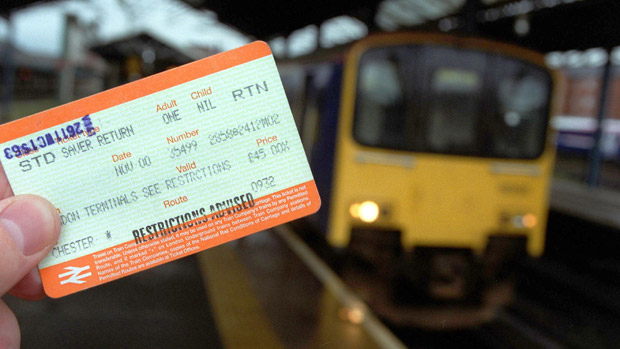 Labour reveals plans for ‘biggest ever’ cuts to rail fares
Labour reveals plans for ‘biggest ever’ cuts to rail faresSpeed Read Jeremy Corbyn says the privatisation of Britain’s rail system ‘has ripped off passengers’
-
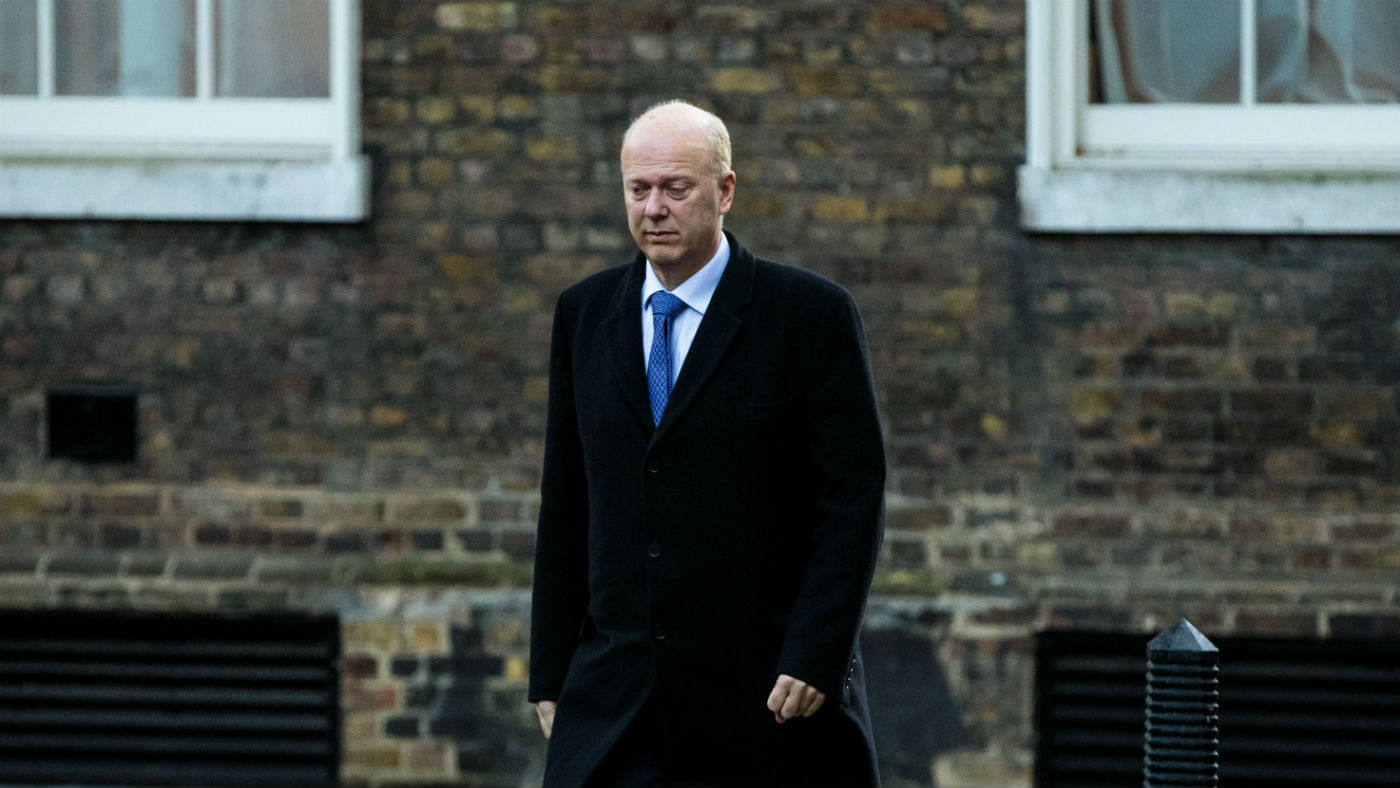 Should ‘failing Grayling’ be sacked?
Should ‘failing Grayling’ be sacked?Speed Read Cross-party MPs call for transport secretary to go after Brexit ferry fiasco
-
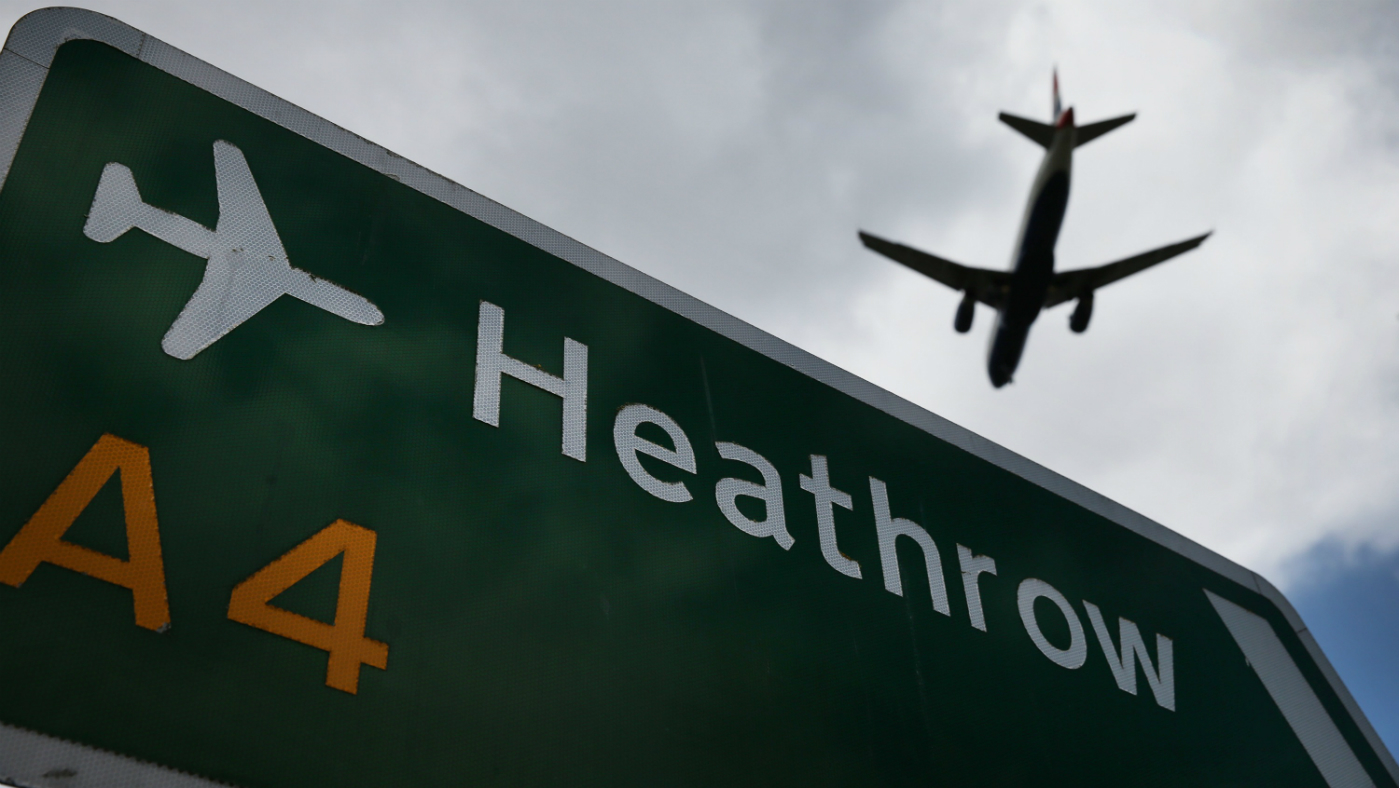 Heathrow expansion: what are the pros and cons?
Heathrow expansion: what are the pros and cons?In Depth Boris Johnson under fire for taking mystery trip as MPs make ‘biggest transport decision in a generation’
-
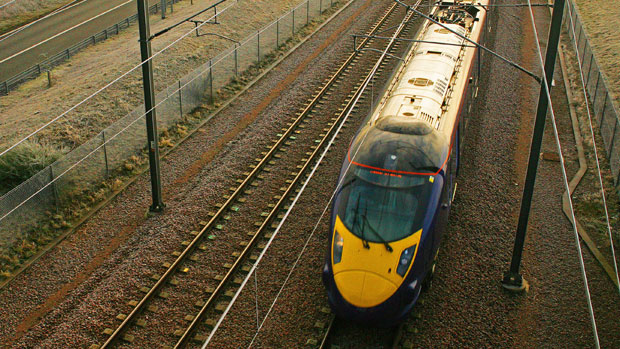 Rail nationalisation: how Labour's plan would work
Rail nationalisation: how Labour's plan would workIn Depth 'Radical' part-nationalisation of the railway will please passengers, says Miliband – but not everyone's convinced